General
When considering your planning there are several questions you will need to consider: Read more
Sort by:
Date (Newest first) | Title A-Z
Show:
All |
Articles |
Podcasts |
Multipage Articles
-

Triumphs Show: Making their historical writing explode
ArticleClick to view -

Here ends the lesson: shaping lesson conclusions
ArticleClick to view -
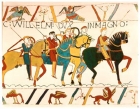
Move Me On 166: getting the right pitch for GCSE teaching
ArticleClick to view -

History GCSE Specification Comparison Tool
ArticleClick to view -

GCSE topics mapped against our resources
ArticleClick to view -

Beyond tokenism: diverse history post-14
ArticleClick to view -

History as a foreign language
ArticleClick to view -
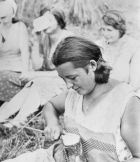
Shaping the debate: why historians matter more than ever at GCSE
ArticleClick to view -

A guide to Assessment Reform at Key Stage 4
ArticleClick to view -

Fundamental British Values and history teaching
ArticleClick to view -
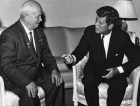
Cunning Plan 162: Transferring knowledge from Key Stage 3 to 4
ArticleClick to view -
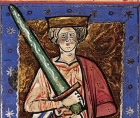
New Saxon, Viking and Medieval GCSE Content
ArticleClick to view -
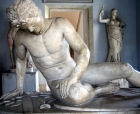
Cunning Plan 152.1: visual sources
ArticleClick to view -

Why we would miss controlled assessments in history
ArticleClick to view -
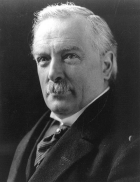
Developing awareness of the need to select evidence
ArticleClick to view -

Planning and teaching linear GCSE
ArticleClick to view -
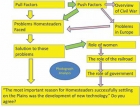
An attempt to make Year 9 Masters of Learning
ArticleClick to view -

Move Me On 149: how to provide appropriate support for particular students
ArticleClick to view -

Designing an enquiry in a challenging setting
ArticleClick to view -
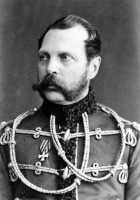
Competition and counterfactuals without confusion
ArticleClick to view

